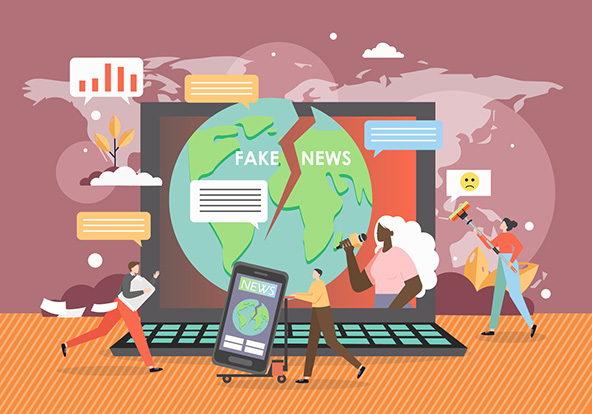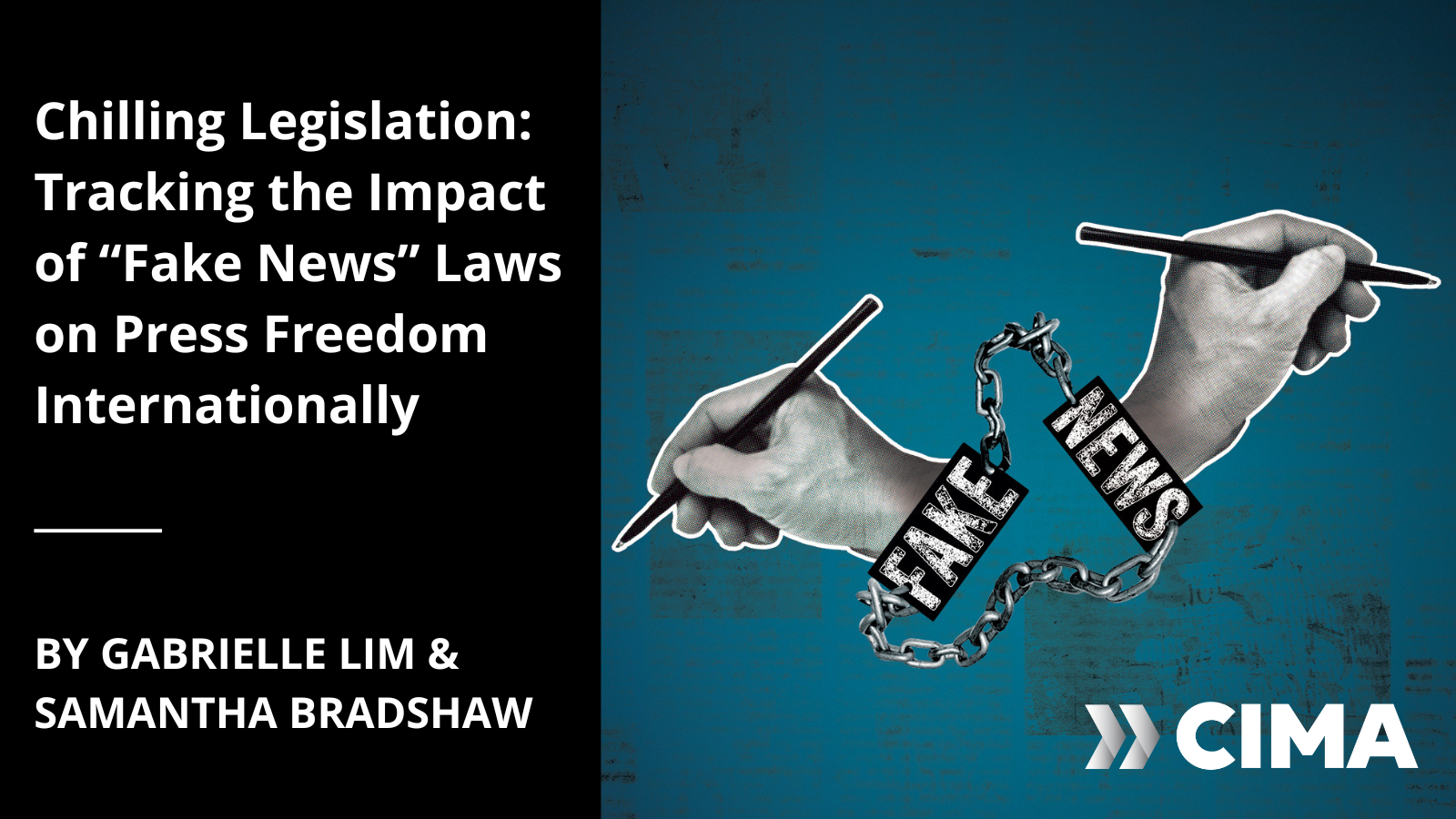'The New York Times' takes OpenAI to court. ChatGPT's future could ...
A group of news organizations, led by the New York Times, took ChatGPT maker OpenAI to federal court in a hearing that could determine whether the tech company will face a high-profile copyright infringement trial. Three publishers, including The New York Daily News and the Center for Investigative Reporting, have combined their lawsuits against OpenAI and its financial backer Microsoft into one case. The main argument put forward by the publishers is that the data used to train ChatGPT includes millions of copyrighted works from news organizations, which were used without consent or compensation, constituting massive copyright infringement.
Legal Battle Details
The hearing focused on OpenAI's motion to dismiss, a critical phase where the judge decides whether the case proceeds to trial. The publishers claim that OpenAI and Microsoft are profiting from journalistic work without authorization, as ChatGPT processes and recreates articles from various publishers. The publishers argue that this unauthorized use threatens their ability to provide services and that ChatGPT has become a substitute for their original work.

The Argument for Fair Use
OpenAI contends that their use of data is protected under fair use rules, stating that the data transformation done by ChatGPT qualifies as fair use under American law. The defense team explained to Judge Sidney Stein how large language models operate and highlighted that ChatGPT is not designed to retrieve entire articles verbatim. They argue that the examples of alleged infringement were a result of specific queries made by the publishers themselves.
Implications and Consequences
The news organizations involved argue that ChatGPT's success relies on using copyrighted articles and that it has become a competitor in providing information. They raised concerns about the integration of up-to-date information from the web into ChatGPT's responses, which could divert traffic from publishers' websites. The lawsuit seeks significant damages and the destruction of ChatGPT's dataset, a move that could have far-reaching consequences for OpenAI if successful.

Legal Ramifications
If the publishers win the case, OpenAI could face substantial financial penalties, potentially endangering the company. The judge's upcoming decision on whether the case proceeds or gets dismissed will have a significant impact on the future of ChatGPT and the legal landscape for AI companies in relation to copyright law.




















